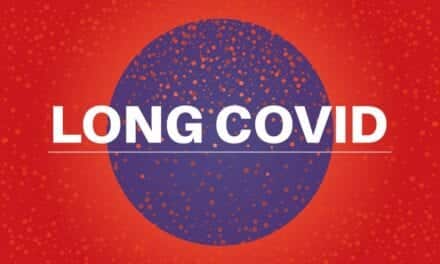.png)
The study reportedly encompassed 108 high school football players given ImPACT tests within a median of two days following their concussions. The results indicate that 50 patients experienced a recovery lasting an average of 33 days before returning to play. Researchers add that specific “cut-off” scores in ImPACT Visual and Processing Speed testing could predict longer rehabilitation times. A recent news release reports that migraine and cognitive symptoms also exhibited potential in predicting rehabilitation times. The study suggests that participants who scored above the threshold levels recovered within a median of 7 days.
Michael Collins, PhD, director of the UPMC Medicine Concussion Program, served as co-investigator for the study. Collins notes that an objective prognosis could help clinicians to prepare a treatment plan, arrange academic accommodations for the student, and set specified expectations before returning to play.
“We’ve established statistical ‘cut-offs’ that indicate people who take a month or longer to recover. Eighty percent of concussed people recover inside of three weeks. This prognostic information allows us to develop a risk profile of athletes who don’t recover well from this injury,” Collins says.
Source: UPMC




